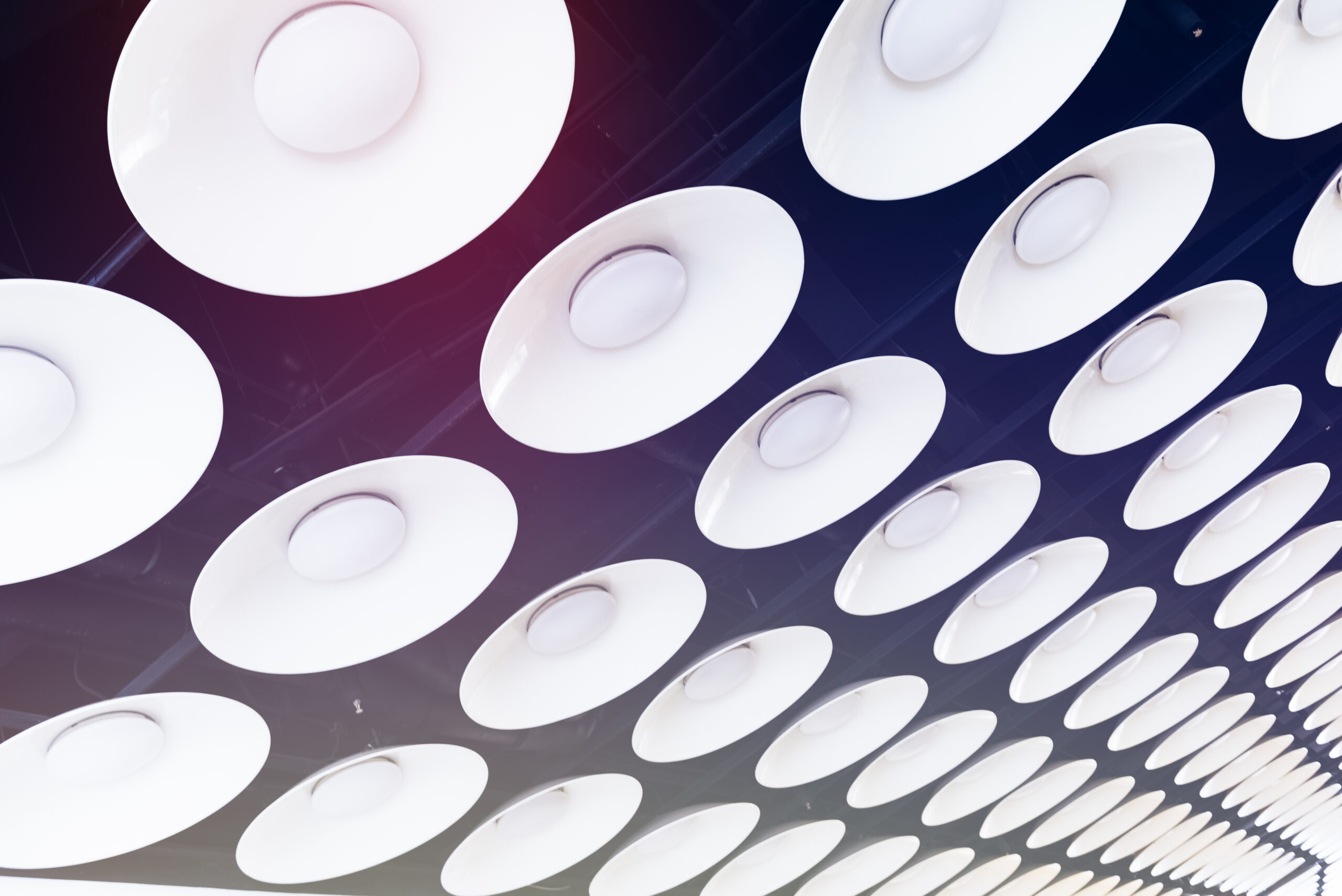
Signs and monuments are switched off all over Italy
The energy crisis is worrying the whole of Europe and the governments of various countries are creating plans and measures to help citizens and companies reduce their gas and electricity consumption and save on their bills, which have reached unsustainable prices.
Countries are also considering symbolic measures to set a good example. France and Germany, for example, are implementing measures to turn off the lights of monuments and public buildings by midnight. Italy is also moving in this direction.
The basic idea is that using electricity for monuments that will be seen by very few people at night in winter is wasteful. But, despite the communicative impact, the lighting of monuments, streets and public buildings represents only a small part of the energy use related to lighting. The biggest culprits are in fact offices and commercial buildings, which in a typical European city consume about half of the energy produced by lighting.
One of the best long-term solutions, therefore, is to install intelligent lighting systems that automatically detect when it is dark outside or when there is someone in the room, to switch on only when really necessary. To give an example, in the average case of a street lamp, if it only switched on at night when there is someone underneath, it could consume 95 per cent less energy.
Quantum, for over 20 years, has been providing the tools to monitor energy trends, sensitising users not to waste energy, but to use it responsibly, only where and when it is needed, to save money, to lower maintenance costs, to increase the value of infrastructure and to reduce CO2 emissions into the environment.
Sources: willmedia.it, rainews.it, ildolomiti.it
Categories
News
Publication date
28 November 2022
Reading time
1 minutes







